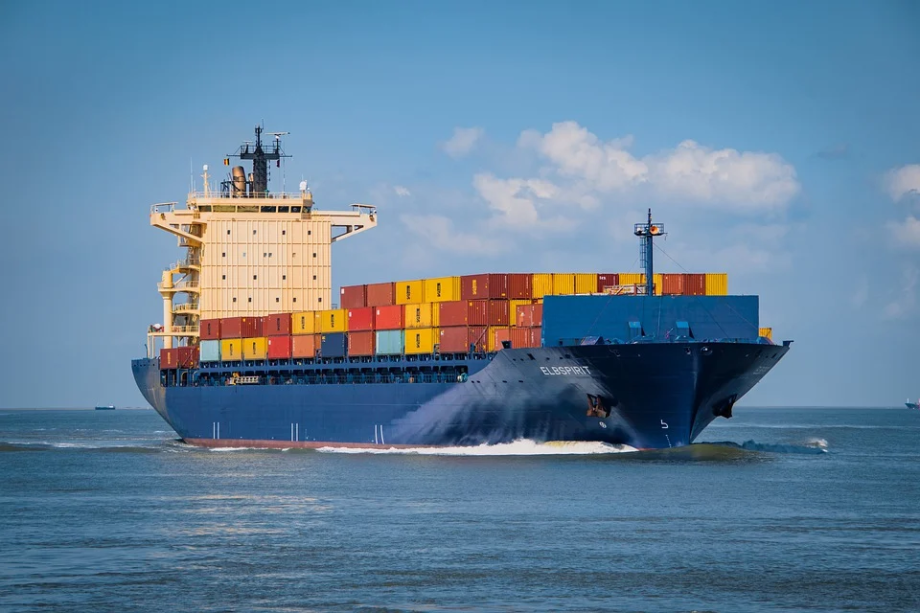Container shortage, what has been happening to the maritime sector in this last quarter of the year?
The world is going through an extensive health crisis that has turned out in many consequences, from the economic, to the shortage of containers in maritime transport. This situation has resulted in a large deficit in international trade. As well as a steep increase in the costs of many of the maritime services, which we will analyze in this guide.
Container shortage, why is it?
The year 2020 left behind a series of unfavorable situations, within which we will highlight the shortage of containers. This mentioned year has remained in history as a phase of many changes in the way of life of today’s society. This is because during the same year some eventualities that came about ended in a great turn for our culture.
The health emergency experienced in 2020 had a very important influence on international trade. Many of them due to the essential restrictions that were applied to all transport systems, including the maritime one. Among the most relevant consequences is the increase in the value of shipping containers, which can cost a little more than double compared to previous years.
Similarly, the absence of workers in the port centers , the closure of companies dedicated to logistics, as well as the decreased number in ships. In this sense, the labor shortage causes long delays in the container delivery phase. This is due, in large part, to the lack of truck drivers to transport the containers in the country.
Consequences of container shortages
According to the FITAC, one of the most obvious consequences of the shortage of containers is the in flation in their cost . Along the same lines, according to such agency, the price of a container today costs more than 60% than a year ago. Hence, you can find figures that far exceed $ 20.000 dollars from China, for example.
In the particular case of Mexico, an Asia-Mexico sea route can cost an average of $ 38.000 dollars per container.
Another consequence of this container crisis lies in their delivery time. This is because logistics planning has been hit by the absence of workers and labor.
Likewise, by limiting exports, proof of a shortage in some industries is evident among which we can highlight companies in the textile, toy and electronic products area, which can be affected in highly consuming seasons, such as the festivities that are usually celebrated at the end of the year.
A sigh of grief for imports to Mexico
Mexico has been one of the many countries affected by this phenomenon of container shortage. One the most significant reasons is that the main import route for the Aztec country is supplied, mainly from countries such as China, South Korea and Thailand.

Traditionally, the route for the transfer of these goods begins directly at their ports of origin. Since they are carried out through the Atlantic Ocean. This way a single route is guaranteed from the point of export til its disembarkment in the country.
However, due to situations derived from both the health crisis and the shortage of containers, new alternatives have been created. One of them is the import route known as “Cross Trade”. Which is executed by means of a sea lane of stopovers through Europe .
The positive side of this new route is the competitive benefits it offers in terms of cost. Since they would be reduced by at least 60% compared to the direct route. Moreever, it implies another logistical cost. This is because, due to the stopovers required, the arrival time to Mexico can take from 40 to 60 days.
Do you need a solution to your imports?
Despite this particular circunstance with the shortage of containers, in Looper you have a solution for your maritime freight. Because no matter where you need to import from, we offer containerized vessel coverage worldwide. In like manner, we can transport any type of cargo, whether refrigerated, specialized or even isotanks. Finally, you can contact us to learn even more about our services.
The post Container shortage, what has been happening to the maritime sector in this last quarter of the year? first appeared on LOOPER.
Loopering










